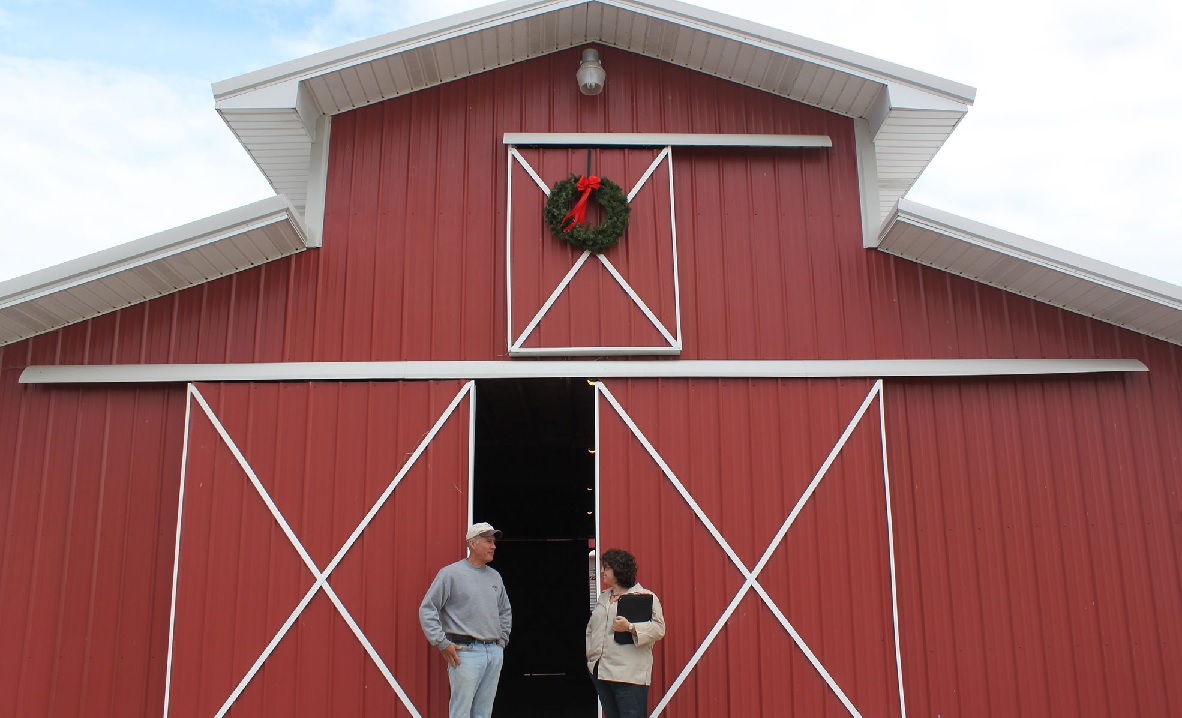
Sales to Retailers, Processed and Value-added Products, and Agritourism Show Biggest Gains
KNOXVILLE, Tenn. – Value-added agriculture continues to show strong growth in Tennessee, reaching a value of $142.8 million with gains of more than 65 percent recorded in the sectors of sales to retail markets, processed or value-added products and agritourism, according to the results of the 2022 Census of Agriculture.
Every five years, farmers across the nation participate in the census, and data is reported for each state and county. The U.S. Department of Agriculture’s National Agricultural Statistics Service released the results of the 2022 census on February 13. Officials with the 25-year-old Center for Profitable Agriculture, a partnership between the University of Tennessee Institute of Agriculture and the Tennessee Farm Bureau Federation, were encouraged by the data.
“The census shows that Tennessee farmers continue to expand their activities related to value-added agriculture,” said Rob Holland, director of the Center for Profitable Agriculture. “Consumers more than ever are interested in making connections to farms.”
In Tennessee, the census showed strong growth in value-added agriculture between 2017 and 2022.
There are four data points measured by the census that contribute to the overall ‘value-added agriculture’ sector: the value of food sold directly to consumers, the value of food sold directly to retail markets and food hubs for local/regionally branded products, the value of processed or value-added agricultural products sold, and the value of agritourism and recreational sales.
The combined value of these four data points in Tennessee increased to $142.8 million in 2022, up 49.5 percent from $95.4 million in 2017. While the value of food sold directly to consumers dropped by 19.6 percent, the value of processed products, food sold to retailers and agritourism and recreational sales showed significant increases.
While the overall number of farms in Tennessee declined 9.8 percent from 69,983 to 63,105, local family farms are still a vibrant and vital part of local communities and economies across the state. The market value of agricultural products sold exceeded $5.1 billion, and total farm production expenses surpassed $4.4 billion, both up more than 30 percent since 2017. The cost of hired farm labor increased by 25.7 percent to $390.3 million.
“With the loss of farms and farmland being a major challenge to Tennessee agriculture, the state’s economy and quality of life, the growth in direct farm marketing, value-added processing and agritourism highlights opportunities for Tennessee farmers to survive and thrive,” added Megan Leffew, who serves as marketing specialist with the Center for Profitable Agriculture.
The Center for Profitable Agriculture assists farmers in analysis, evaluation, development and sustainability of value-added agricultural enterprises. For more information about the center, visit the website cpa.tennessee.edu.
For more information about the census in Tennessee, visit the National Agricultural Statics Service online at nass.usda.gov/AgCensus/.
The University of Tennessee Institute of Agriculture is comprised of the Herbert College of Agriculture, UT College of Veterinary Medicine, UT AgResearch and UT Extension. Through its land-grant mission of teaching, research and outreach, the Institute touches lives and provides Real. Life. Solutions. to Tennesseans and beyond. utia.tennessee.edu.